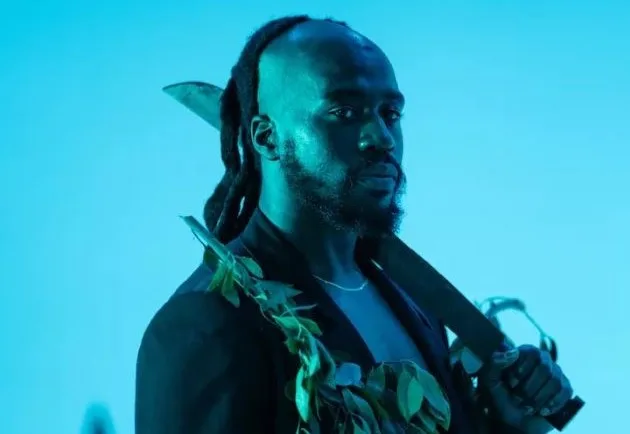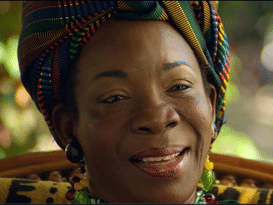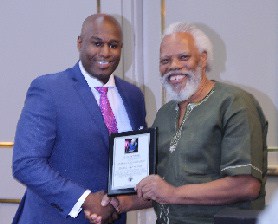Shamar Watt’s World Premiere of SUMMON Explores Maroon Town

MIAMI – Live Arts Miami, Third Horizon and Diaspora Vibe Cultural Arts Incubator present the World Premiere of SUMMON by Miami based performance artist Shamar Watt on September 23 and 24 at the Sandrell Rivers Theater.
Created in both Miami and Jamaica, this international exchange project takes us from the streets of Miami into the heart of Maroon Town. Featuring a new cinematic work by Jamaican film director Nile Saulter and world premiere performance by Shamar Watt and Austin Williamson, SUMMON lives on screen and on stage.
A fiercely mesmerizing performer born in Jamaica and raised in Miami, Shamar Watt proudly traces his heritage back to the Maroons, formerly enslaved Africans who escaped and rebelled against British colonialists.

SUMMON seeks to give form to this spirited lineage through an immersive journey that invites the audience to explore worlds of resistance and freedom. Watt reimagines his Maroon roots as a cosmic garden, intertwining scientific phenomena like black holes with the perception of the black body and spirit. This epic experience incorporates music, film and dance in one extraordinary performance blending maroon, krump, and rave aesthetics with scientific theories around behaviors of the invisible matter/energy that governs life.
A Bessie Award Winner for Outstanding Performance, Watt’s creative spirit has taken him around the world in collaborations with artists like Nora Chipaumire and Matthew Barney.
In preparation for this project, Watt took a deep dive into the exploration of his personal ancestry- traveling to Jamaica to explore his roots and connect with family members in the Maroon Town of Trelawny Parish to engage in research and develop the work.
“Returning home for me was like finding lost bones at the bottom of the Atlantic sea, the rattling of bones coming back to life, telling untold secrets, unleashing future possibilities.” said Watt. “As a black people in the Americas, the idea of belonging to a people of sovereignty shifts the way one looks at himself in society. This has enabled me to further explore maroonage as an idea – maroonage as a way to perceive and hear the free black body.”




